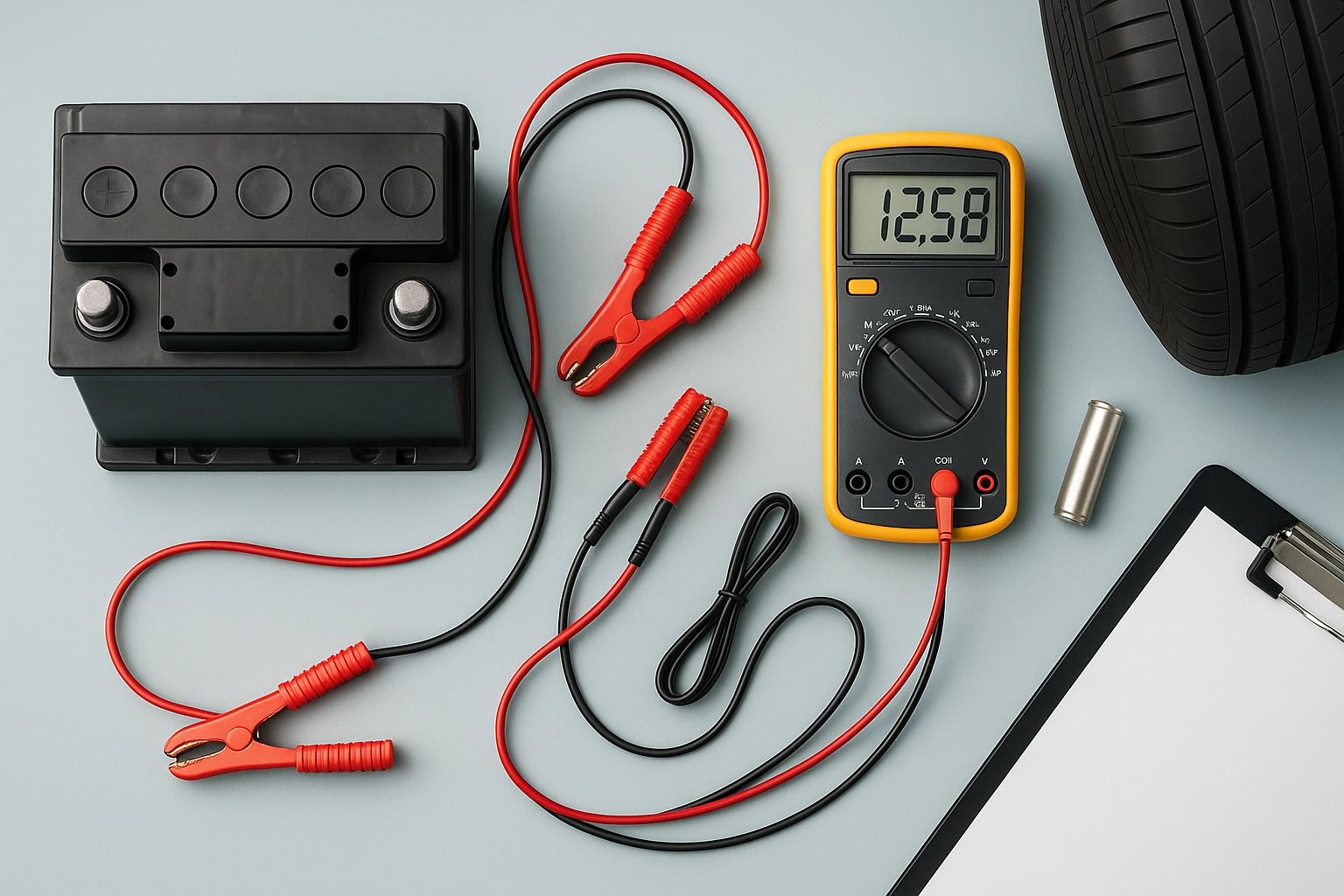SAE J3068 EV Battery Fast Charging Test
The SAE J3068 standard provides a comprehensive framework for testing electric vehicle (EV) battery systems under fast charging conditions. This service focuses on the evaluation of batteries' performance and durability when subjected to rapid charging protocols, ensuring that they meet industry standards for safety, efficiency, and reliability.
Fast charging presents unique challenges due to the high currents involved which can stress the battery cells. The SAE J3068 test evaluates not only the immediate performance but also the long-term stability of the EV battery system under these conditions. This is critical for ensuring that electric vehicles can operate safely and efficiently over their entire lifecycle.
The testing procedure outlined in SAE J3068 involves several key steps:
- Initial charging to a defined state of charge (SOC).
- Rapid charging up to 90% SOC at specified current rates.
- Detection and recording of battery thermal and electrical parameters during the process.
- Evaluation of the battery's ability to withstand the stress without degradation or failure.
This service is essential for R&D engineers, quality managers, and compliance officers who need to ensure that their products meet stringent industry standards. By adhering to SAE J3068, manufacturers can demonstrate that their EV batteries are reliable, efficient, and capable of withstanding the rigors of fast charging.
The test results provide valuable insights into how well a battery system can handle rapid charging scenarios, which is crucial for the development of next-generation electric vehicles. This information helps in optimizing battery designs to ensure they meet both current and future market demands.
Applied Standards
| Standard | Description |
|---|---|
| SAE J3068 | The standard defines the test procedure for evaluating electric vehicle battery systems under fast charging conditions. It covers all aspects from initial charge to final evaluation, ensuring that the batteries are robust and reliable. |
| ISO 12405-4 | This international standard provides additional guidelines on measuring battery thermal behavior during charging processes, which is crucial for safety assessments. |
| American National Standards Institute (ANSI) | Ansi standards ensure that the testing procedures are consistent and repeatable, providing a reliable basis for comparisons between different manufacturers. |
The combination of these standards ensures that the SAE J3068 EV Battery Fast Charging Test is thorough and precise. The use of ISO 12405-4 and ANSI adds layers of assurance that the test results are accurate and can be relied upon in global markets.
Scope and Methodology
The SAE J3068 EV Battery Fast Charging Test is designed to simulate real-world fast charging conditions, ensuring that batteries perform optimally under these stressors. The methodology involves several key steps:
- Preparation of the Battery: The battery undergoes a full initial charge to a defined state of health (SOH) prior to testing.
- Rapid Charging Simulation: The battery is subjected to rapid charging at various current rates, typically up to 80% SOC within a few minutes.
- Data Collection and Analysis: Throughout the process, temperature sensors monitor thermal behavior, while other instruments measure voltage, current, and internal resistance. These parameters are logged for later analysis.
- Evaluation Criteria: The test evaluates the battery's ability to withstand these conditions without degrading or failing. Key metrics include cell-to-cell balance, thermal stability, and overall system performance.
The results of this test provide critical data that can inform improvements in both EV battery technology and fast charging infrastructure. By adhering strictly to SAE J3068, we ensure that the testing process is consistent and reliable, providing accurate data for stakeholders involved in the automotive industry.
Environmental and Sustainability Contributions
- Promoting Sustainable Transport: By ensuring that EV batteries are robust under fast charging conditions, this test supports the transition to a more sustainable transportation sector.
- Reduction of Waste: Reliable battery testing helps in the development of longer-lasting batteries, reducing the need for frequent replacements and thus minimizing e-waste.
The SAE J3068 EV Battery Fast Charging Test is not just about compliance; it plays a crucial role in advancing sustainable practices within the automotive industry. By ensuring that electric vehicles can operate efficiently under fast charging conditions, this service contributes to reducing carbon emissions and promoting cleaner transportation options.





